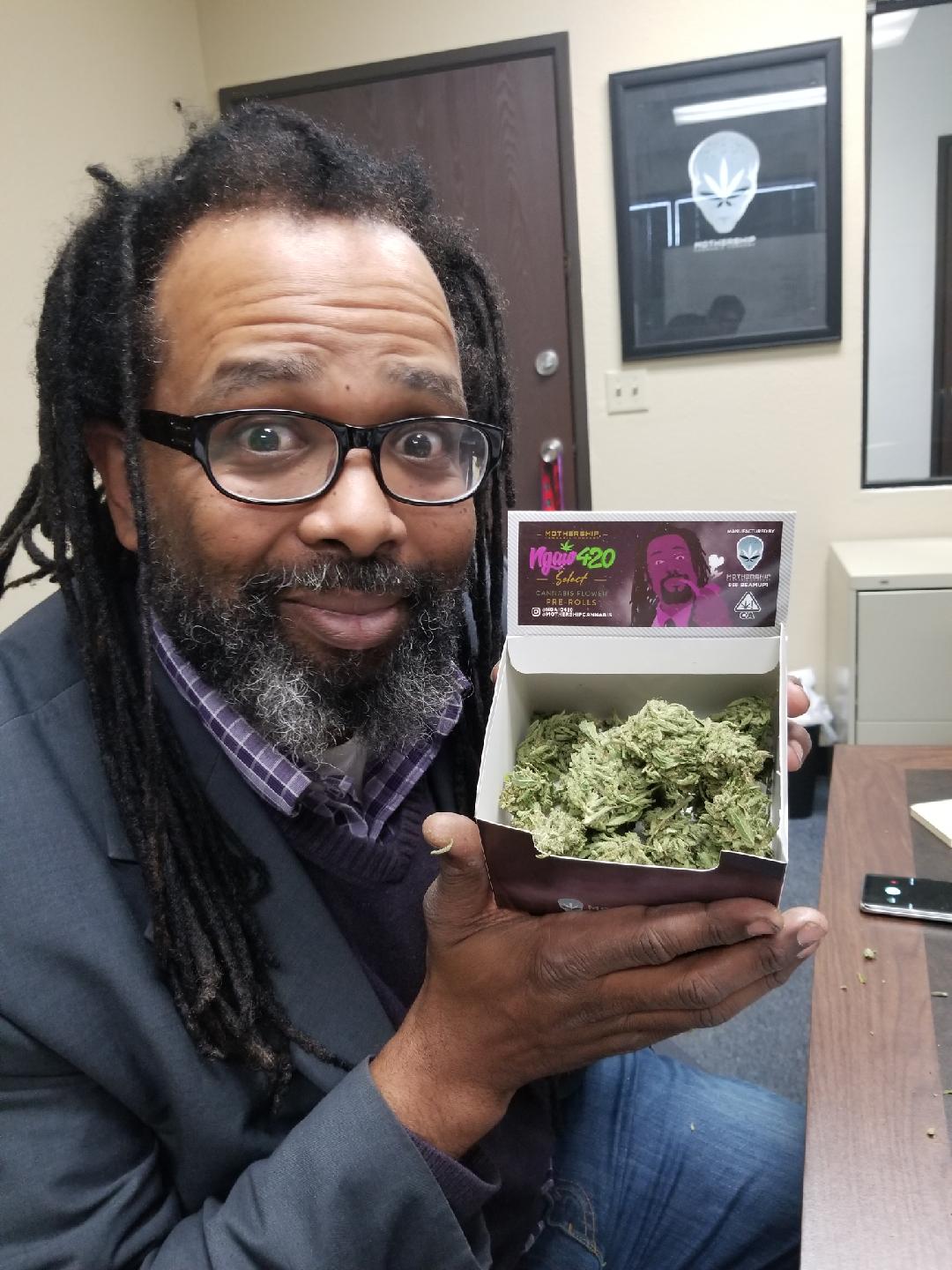 Audio Player
Audio Player
Visually impaired? Don’t have time to read? EmeraldAudio can help!
Click the track above to listen to the story.
Welcome to EQUALLY HIGH, the Emerald‘s social equity column where Ngaio Bealum, cannabis activist of more than 20 years, delves into policy and social justice. Social justice is at the heart of the cannabis legalization movement, and this column will report on the successes and failures of social equity programs throughout the nation.
If you have any questions or tips, email him at Ngaio@EmeraldMediaGroupInc.com
![]()
Most of the social equity programs that are supposed to help minorities gain a foothold in the cannabis industry are not working.
A recent report by the Sacramento Bee, which investigated potential corruption within the citywide cannabis industry, also found that the city failed to deliver on its promise to promote minority ownership.
Despite launching a social equity program two years ago—known as the Cannabis Opportunity Reinvestment and Equity Program (CORE)—there are currently no Black-owned dispensaries in Sacramento, Malaki Amen of the California Urban Partnership told the Sacramento Bee.
Nearly one-third, or eight of the 30 available cannabis dispensary licenses in Sacramento are held by one person—Garib Karapetyan. Karapetyan and his business partners, reports the Sac Bee, “have become the de facto pot kings of Sacramento, controlling far more licenses than anyone else and papering the city with billboards and ads for their dispensaries.”
Not only is this a disservice to the minority community, and a challenge for small, craft cannabis companies (many clubs are now charging cannabis vendors top dollar just to put their products on the shelves), Sacramento’s lax oversight of the permitting process has invited corruption and sparked an investigation by the FBI.
Instead of carving out space in the emerging cannabis industry for those most affected by the drug war, the members of California’s capital city council sold it to the highest bidders. Now, wealthy individuals and foreign investors have scooped up most of the dispensary licenses while the equity program is just getting started.
The same thing is happening in Los Angeles.
This is a shame. For decades, cannabis prohibition was (and still is) used as a tool to disenfranchise minorities, and jail people of color at alarmingly disproportionate rates. Many supported cannabis legalization in California because they were told that there would be programs to ensure that those most affected by the War on Drugs would get a piece of the legalization pie.
But most cities and counties have been slow to roll out any equity, choosing instead to put profit over people. Except for Oakland, which seems to be doing the right thing by requiring half of all permits be issued to equity applicants, and by rewarding those who give free space/rent to equity applicants.
Social equity programs in California weren’t put into effect from the beginning. In fact, few municipalities actually have active cannabis social equity programs. Some of the state’s largest cannabis producing counties, including Santa Barbara and Mendocino County, have yet to roll out such programs (out of the three counties that make up the Emerald Triangle, only Humboldt has a social equity program which was introduced this summer).
This delay has been detrimental to creating minority owned cannabis businesses. Essentially, rich white folks are given a head start (surprise!) as the capitalist corporate cannabis industry looks to disrupt and destroy what had previously been a decentralized network of independent providers.
What can be done? The idealist in me would say, “Oh, it’s just growing pains. The city wants to do the right thing, just give then a little more time.” But my inner cynic, who has watched Sacramento’s city council drag its collective feet for the past few years, is not optimistic.
Although Sacramento Mayor Darrell Steinberg has called for an audit of the licensing process, the city council continues to treat cannabis as a nuisance instead of the job and revenue creating juggernaut that it truly is (Sacramento cannabis clubs took in about $140 million last year).
In the rush to suck up all the money as fast as they can, cities and counties have forgotten this: the cannabis legalization movement started as a social justice movement. The goal was to keep people out of jail, and maybe allow folks to grow and sell a little weed too. But, this is America, and when people start to see dollar signs, they lose their minds and their moral centers.
Things must be bad when the fairly conservative editorial board of the Sac Bee starts to call local policymaker out for being racist:
“Perhaps the city council can think of creative ways to punish dispensary owners who have flagrantly violated rules, bring all of Sacramento’s marijuana establishments into compliance and keep the city’s broken promises to the African American community.”
Who knows? Perhaps they can. I’m not holding my breath, though.
![]()
Ngaio Bealum is a cannabis activist, a writer, and an excellent stand up comedian. Follow him on the social medias @ngaio420 and see him the next time he comes to your town.



Leave a Reply